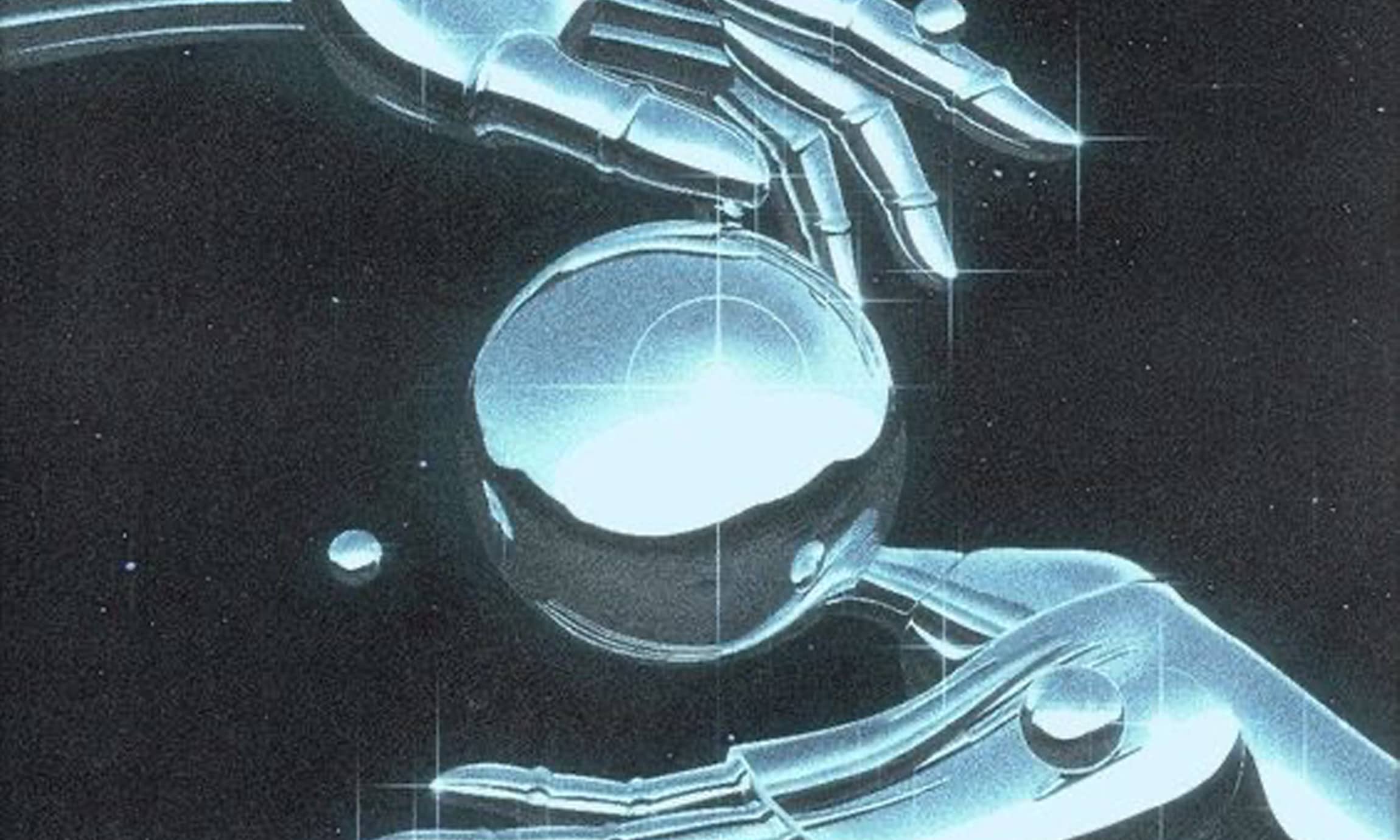
Big Tata and the importance of queer archives
Big Tata is a network of more than a dozen French-speaking LGBTIQ+ organizations, libraries, and/or archives centers. Together, they put their resources in common into an online platform offering tools for archiving queer memories, stories, and histories. Created in 2017, Big Tata also refers individuals wanting to donate pieces of LGBTIQ+ histories to its network members depending on their location and needs. The network act as a common entity for independent archives collectives across regions, centralizing their resources to create bigger initiatives.
Over the span of a weekend, Big Tata gathered its members as well as other organizations, volunteers, and artists for the first edition of a convention around queer archives at the Grrrnd Zéro. On the gathering’s agenda were discussions, zine-making workshops, performances, and much more. The occasion for archivist-activists in France and Québec to meet and work together, and for other enthusiastic queers to discover their projects and ways to help those come to life.
But what is it to archive? It’s to preserve, but it’s also to valorize and to pass down. Through two discussions on archives, from their creation to their usage, a lot of important points were raised, the main one being the importance of developing an ethic in archiving. While institutional archives are closing their doors to anyone without an academic background, stopping those to whom it belongs from even consulting it, community archives are making a point to collect the pieces that had been refused a place in those institutions and to make the ones they had been guarding accessible.
In relation to ethics in archiving, another aspect brought out by the talks led by militants from Acceptess-T, Queer Code, Mémoires Minoritaires, De derrière les faggot·e·s or AIDES, was how the ones behind the cameras, holding the pen and stacking the shelves were often the same people, with more privileges than those facing them and opening up on their stories. Indeed, history is always written by the victors, and if it is true for queer people as a whole against the rest of society, it is also true within the community. It is thus important to help more marginalized groups, QTBIPOC, working-class LGBITQ+ individuals, queer people with disabilities, to share their history themselves and be their own voices, for their histories to be correctly preserved and passed down.
There are many different ways to pass down queer histories, past going through cardboard boxes, scouting through hundreds of photos and newspaper clippings. For that knowledge to be made accessible, archive collectives have found numerous ways, each great at its own scale. Podcasts are a great way of sharing history, and one of the members of Big Tata, collectif Archives LGBTQI, has been airing podcasts for 2 years now. For those who don’t have time to listen, or find podcasts heavy, La Fabric’Art has been revolutionizing the way we look at history through a trilogy of video games, TraceS, in which you go after the archives of the AIDS crisis and the history of its struggle. Such initiatives change the way we look at archives and their usage, while also giving visibility to moments of queer histories through a unique medium. They allow more people to access them and reclaim their space after being pushed into the margins. They are also a way to collectively create history, have a more community-based approach toward archives, far from the individual search and papers it is often thought of and made to be.
By centralizing resources and connecting people together, Big Tata gives the opportunity to ambitious archive projects like those to be shared, and for more to possibly be created. But if they managed to create such a network, leading to this weekend’s gathering, they need support to keep going. If any collective or project mentioned struck you, feel free to go support them in any way you can. And if you have time to give, resources to share, or money to donate, Big Tata will know how to guide you. Archiving is a collective work, one can even say a duty, and each of us can help make history.
Images courtesy of Valentine Ambroggi





.jpg)
.jpg)
.jpg)
.jpg)
.jpg)
.jpg)






























































